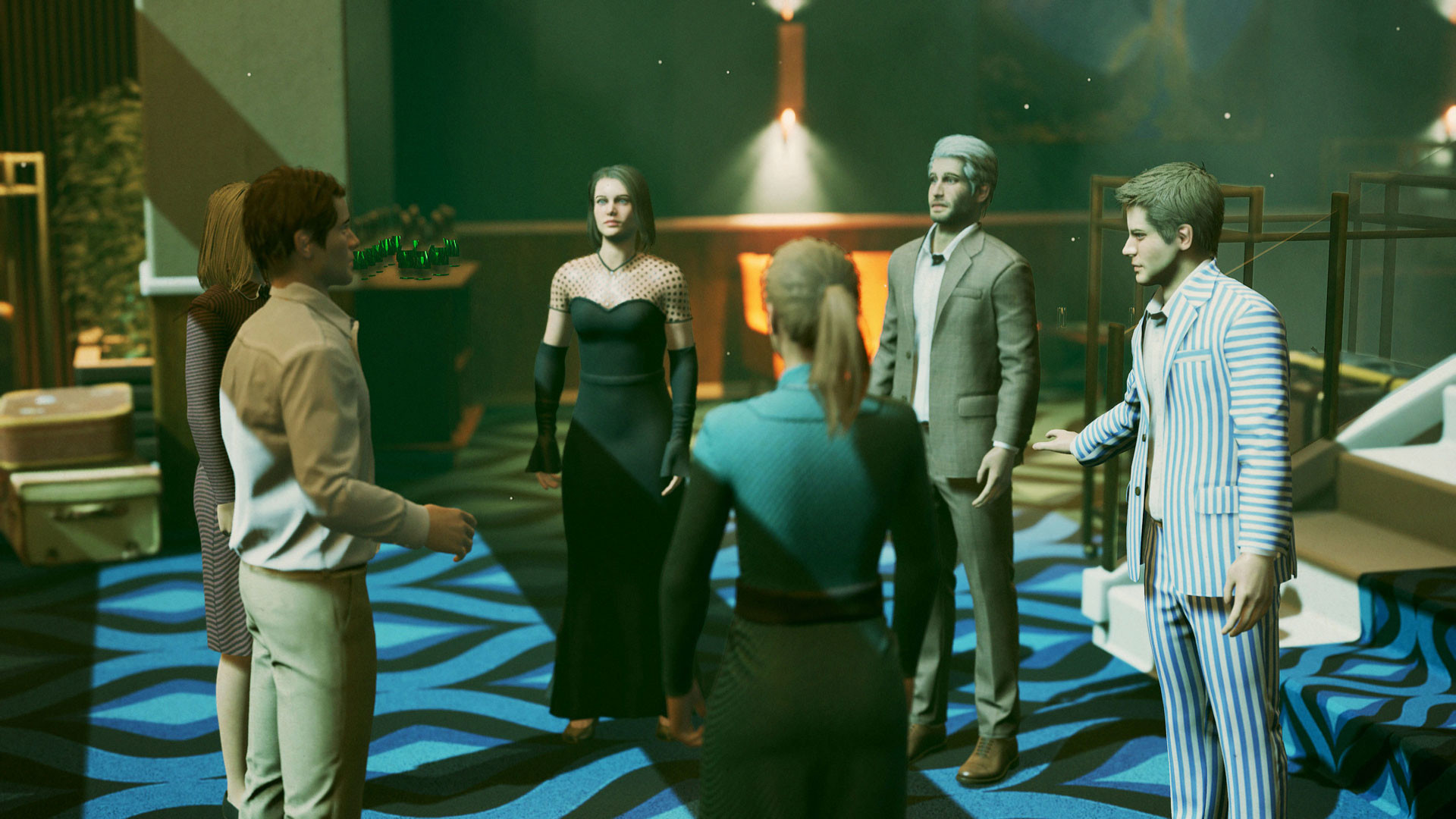

Joining me now is historian Doug Brinkley. The speech serves not only as a motivator for sending a man to the moon, but its theme of encouraging bold action has a wide appeal. Today, the speech is one of our most requested recordings and repurposed often to serve as an inspiration for any number of products or causes. Then CBS Southwest Bureau Chief Dan Rather described the speech as a thrilling moment in the race for space. Despite the little press, the journalists who were there described an electrifying atmosphere. The press coverage during President Kennedy's visit to Texas doesn't mention the speech much at all. In fact, research materials from our library show the speech went unnoticed at the time. MATT PORTER: But this speech was not as well known then as it is today. We have vowed that we shall not see space filled with weapons of mass destruction, but with instruments of knowledge and understanding. And we have vowed that we shall not see it governed by a hostile flag of conquest, but by a banner of freedom and peace. And no nation which expects to be the leader of other nations can expect to stay behind in this race for space.įor the eyes of the world now look into space, to the moon, and to the planets beyond. And it is one of the great adventures of all time. The exploration of space will go ahead, whether we join in it or not. KENNEDY: If this capsule history of our progress teaches us anything, it is that man and his quest for knowledge and progress is determined and cannot be deterred. In his speech, the president paints the space race as not only an opportunity to advance in technology, but as a crucial battlefront in the burgeoning Cold War with the Soviet Union. On a beautiful fall afternoon, he told a cheering crowd of 40,000 people that the United States must be bold and cannot fall behind in the race for space.

In 1962, President Kennedy made a speech at Rice University that has now become one of his most famous and iconic speeches from his presidency. MATT PORTER: Welcome to this week's episode of JFK35, a podcast by the John F. In this week's episode of JFK35, we'll revisit his speech at Rice University and also speak with historian Doug Brinkley and his new book, American Moonshot: JFK and the Great Space Race. With much of the needed technology not even invented yet, it was a bold promise many people didn't think was possible. Kennedy told a cheering crowd of more than 40,000 people at Rice University that American astronauts would land on the moon by the end of the decade. KENNEDY: We choose to go to the moon in this decade and do the other things, not because they are easy, but because they are hard.


 0 kommentar(er)
0 kommentar(er)
